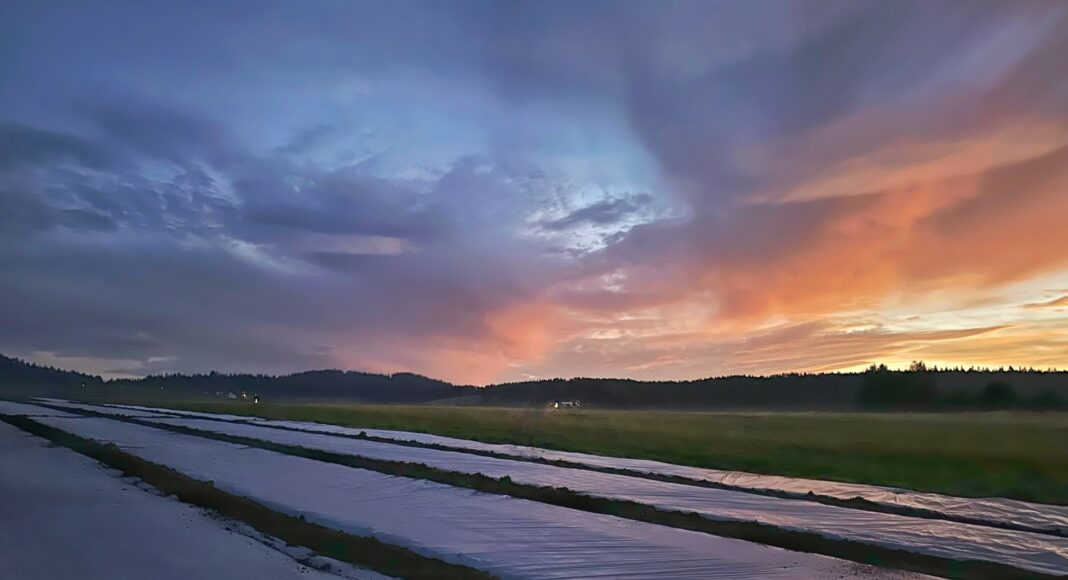If you’re a potato producer who has never laid awake in the middle of the night worrying about potato wart, count yourself lucky. Potato wart strikes justified fear in the bravest among us and at every level of the potato value chain. Anyone who says “It’ll probably never happen here on my farm” need only look to PEI, where 36 fields have been identified as infected in three counties since 2000, leading to major trade disruptions, the destruction of hundreds of millions of kilograms of potatoes, and a still on-going ban on the import of seed potatoes into the U.S.
Potato wart spreads relatively slowly in soil but, left untreated, can eventually cause between 50 and 100 per cent crop loss due to tuber disfigurement. Rotation and quarantine aren’t always effective or practical as the pathogen can lay dormant in soil for a whopping 40 years. Most problematically, there is currently no chemical solution for the soil-borne fungus… at least for now.
The soil fumigant Strike™, built around the active ingredient chloropicrin, has proven impressively effective at suppressing major soil-borne potato diseases including common scab and early die complex. It works on multiple types of soil pathogens, but it’s especially effective against fungi. Could it be the tool we need to tackle the potato wart fungi too? We’re in the process of finding out.
We’re currently conducting Strike soil fumigation trials in potato wart infected fields in Poland, and we’re just getting rolling on laboratory trials this winter. We’re pleased to be working closely with the Polish Potato Federation on the project, with preliminary results hopefully available as soon as fall 2024.
Will it work? That’s the huge question in all of our minds. An old Soviet journal report from the 1950s stated that chloropicrin was effective against potato wart, but that now 75+ year old study is the only prior reference to any kind of formal investigation that we can find.
I’ve always valued and believed in Strike’s benefits, but the idea that it could — and again, I stress could — play a role in reopening quarantined farmland to production, easing costly trade barriers, and helping farmers sleep soundly at night rocks my world.
Let me be perfectly clear: it’s extremely difficult to get rid of an organism once it’s in your soil. Success depends on effectively utilizing every possible tool: quarantine, genetic resistance, effective fungicidal application, and more. Our hope is that Strike may prove part of the solution.
Stay tuned….








